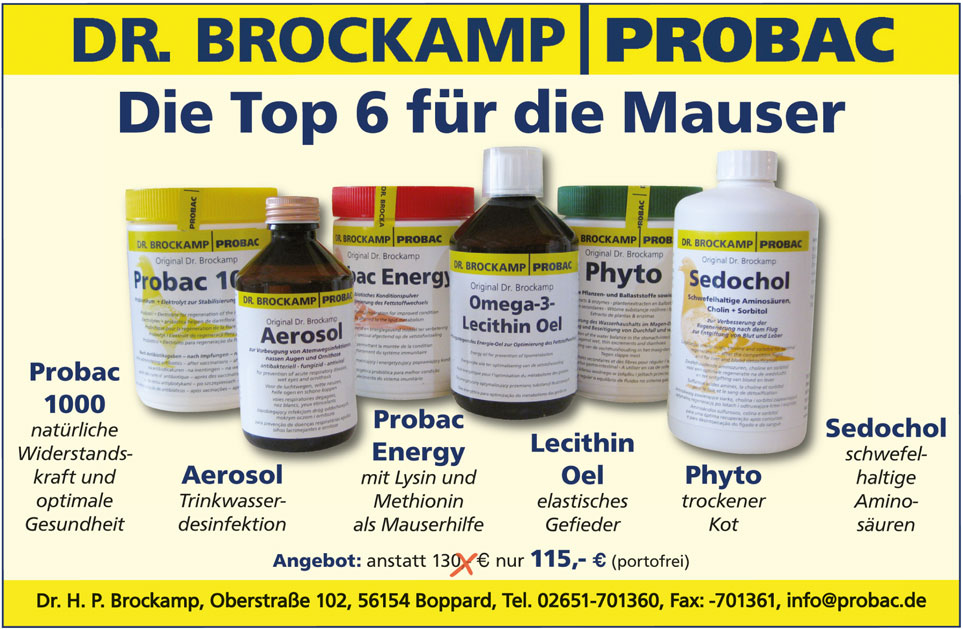Multidrug-resistant germs – by Dr. Hans-Peter Brockamp…
Die veröffentlichten Zahlen über Infektionen mit multiresistenten Keimen stammen aus Abrechnungsdaten. Danach erkranken und sterben deutlich mehr Menschen als bisher gedacht an antibiotikaresistenten Keimen und die Infektionen seit 2010 nehmen deutlich zu. Das Gesundheitsministerium beruft sich bisher alleine auf offizielle Meldezahlen von MRSA, die angeblich rückläufig seien. Aus vorliegenden Statistiken der Abrechnungsdaten deutscher Kliniken geht jedoch hervor dass MRSA-Keime im Vergleich zu 2010 um 7 % zugenommen haben. Bei den Krankenhauskeimen VRE (plus 40 % seit 2010) und ESBL (plus 77 % seit 2010) kommt das Bundesministerium für Gesundheit ebenfalls zu dem Urteil, dass es eine bundesweit ansteigende Tendenz gebe. „Dies bestärke die Bedeutung hoher Hygienestandards“. Bei diesen Keimen gibt es keine Meldepflicht, weshalb die Ministerien keine eigenen Zahlen vorlegen können. Diese verweisen lediglich auf die 2012 beschlossene Hygieneverordnung.
Here are some interesting figures:
30.000 deceased patients annually carry multiresistant organisms in and are possible as it died. 30 % the antibiotic regulations are questionable, gave a DAK analysis
300 million tons Eats meat humanity annually. In order to meet these needs animals together with no space. This increases the risk of infection and disease and thus the use of antibiotics.
70% of all antibiotics are consumed in Germany in animal husbandry.
2006 has banned performance-enhancing antibiotics in animal husbandry the EU.
Off hook does not have the amount used since.
1707 Tonnes antimicrobials, including antibiotics, Germany set in 2012 in veterinary medicine and is thus Leader (EU survey).
92 % the conventionally held pigs in Germany are infected by MRSA. In ecologically animals kept there are 26%. (Study of Veterinary Medicine Hannover). In the Netherlands, researchers have demonstrated in 11% of animals examined in environmental operated MRSA and 50% of the animals conventionally held.
1 % all pigs kept ecologically in Germany (Naturland Association). This corresponds to approximately 250,000 animals.
90 % of chickens in fattening animals be treated with antibiotics. Some of them with 8 different means - at a lifetime of about 30 days.
24 % of all people who have professional contact with animals are colonized by MRSA germs. People without professional contact with animals to 1.5%.
2 % the detected infection can be identified with the LA-MRSA pathogens. So hot the germs that are mainly detected in large feedlots. Overall, the number of MRSA pathogens takes in agriculture too greatly.
In the 90s Denmark began to analyze the consumption of antibiotics in agriculture. In the Netherlands, an independent Authority compares the antibiotic consumption of establishments. Who performs poorly, have to pay a penalty.
Since the July 1, 2014 must hold for fattening, systematically record how often their animals are treated with antibiotics farms in Germany, the cattle, pigs, chickens and turkeys. So hope for the agricultural ministries to better compare the businesses together.
282 samples (37,7 %) waren 2012 nach dem Zoonose-Monitoriing des Bundesamtes für Lebensmittelsicherheit und Verbraucherschutz (BVL), mit dem die Verbreitung von Krankheitserregern erfasst wird, die zwischen Mensch und Tier wechselseitig übertragbar sind, MRSA-positiv. 749 Proben frisches Putenfleisch aus dem Einzelhandel wurden untersucht. Beim Fleisch von Mastkälbern und Jungrindern waren 44 von 421 positiv (10,5 %).
From 70 City Temperature kills germs. Cooking, grilling or frying not survive the germs in general. Transmission of MRSA germs through food is therefore rather the exception. But be careful in the preparation: low temperatures in freezer and refrigerator survive the germs very well. Therefore, you should always wash your hands after preparing and separate dishes for meat and as Salad, which is not heated, use.
Naturally healthy animals by probiotic bacteria
The prerequisite for the performance and health of our animals is a healthy intestinal flora. Probiotic bacteria are an effective way to keep them in a natural way healthy.
Probiotic bacteria (Probac)
different bacteria cultures with warm-blooded animals over millions of years have developed a closed system mutual benefit. In the form of optimum growth temperature and the constant supply of essential nutrients bacteria obtained from the animal organism the optimum environment for their growth. The animals receive in return from the bacteria aid in the digestive processes.
natural balance
Dort wo Lebewesen nicht gestresst, ausgewogen und ohne Medikamente ernährt, in einer sauberen Umwelt leben, befinden sich der Körper und die Darmbakterien-population in einem idealen, gesunden Gleichgewicht. In diesem Idealzustand ist sowohl eine optimale Nahrungsverwertung als auch eine natürliche Resistenz gegen krankmachende Organismen gegeben. Unsere Tiere sind jedoch verschiedensten Stresssituationen ausgesetzt. Zahlreiche von Außen einwirkende Veränderungen können diese positive, gegenseitig nützende Beziehung zur Darmbakterien-population aus dem Gleichgewicht bringen.
Nützliche Bakterien produzieren Milchsäure, Hydrogenperoxide, natürliche Antibiotika sowie einige andere Wirksubstanzen, mit deren Hilfe im Darm vorhandene krankmachende Keime, meist E. coli, Hefebakterien oder Salmonellen, unter Kontrolle gehalten werden. Diese Mikroorganismen sind oft latent im Organismus vorhanden und warten nur auf die Möglichkeit, bei auftretendem Stress als Krankheit auszubrechen.
The pH in the intestines of healthy animals is slightly acidic. In intestinal infections it changes to an alkaline value. Probiotic bacteria regulate the pH in the intestine, so that infections can not occur so quickly. In addition, they produce u. a. For protective mucus and occupy key receptors in the intestinal wall so that pathogenic germs no place for hiding inside.
In addition, probiotic bacteria have an appetizing effect. They produce a number of effective intestinal enzymes and vitamins and help us take the maximum amount of nutrients from food. Feed efficiency is improved, which can be exploited to increase energy reserves.
Dr. Hans - Peter Brockamp
IPC sports products
Colonel breed 102
56154 Boppard
Phone: 49 2651 701 360
Fax: 49 2651 701 361
E-Mail:Info@probac.de
 buy here... (click)
buy here... (click)
Advertising:






